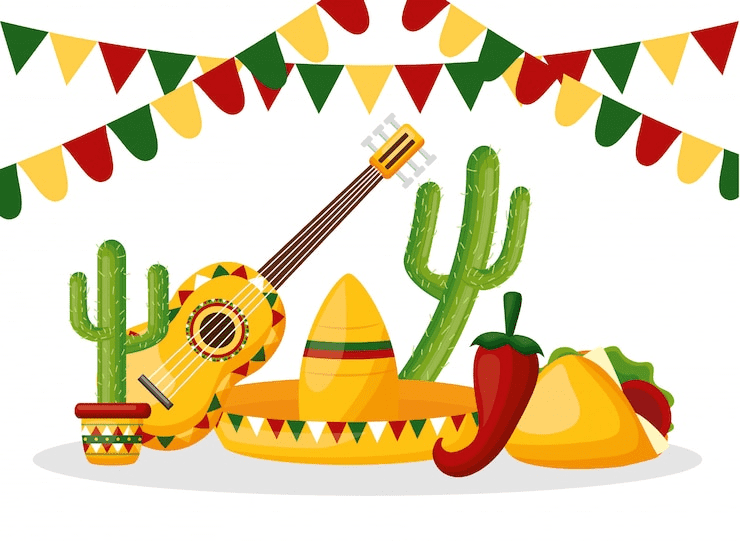
Spanish Words That are Difficult to Translate
Spanish is one of the most widely used languages in Europe, as well as an unofficial second language in the United States.
There are many words in our native language that cannot be translated. The same holds true for the Spanish language. You might even have experienced describing something but have been unable to find the right word for it. Don’t worry that’s all-natural for all of us.
Spanish, like the English language, is regarded as the most widely used language in the world. However, this wide expansion across various countries and locales comes with its own set of translation challenges. Here we have created a list of some of the most difficult Spanish words that are impossible to translate. Read on to learn about them!
Merendar
Merendar tops the list of most difficult Spanish words as it is widely used. It means a snack that you enjoy having especially when you have missed out on a proper lunch.
This difficult Spanish word here means an afternoon snack, coffee, or tea. Sadly, in English, we don’t have any word like this that describes all of the three together.
Sobremesa
Do you chit-chat with your loved ones around the table after a meal? Well, in Spanish culture, it is very natural to stay back at the table for hours after the meal and just have casual conversations.
Sobremesa is one such difficult Spanish word that describes such a situation when the meal is finished, the conversation keeps on going! This is how they strengthen friendships and resolve arguments.
Ponerse las botas
This word literally means “to put on your boots”, but it can have different contextual meanings. If a Spanish speaker uses this after finishing a meal, it doesn’t mean that they are in a hurry. It means that they were well-fed and are feeling full.
This Spanish word can be traced back to a time when people who owned boots were considered to be rich and powerful, and regularly enjoyed lavish feasts.
Empalagar
Have you come across a situation where you have had something very sweet to eat and you can’t possibly take another bite of it? Of course, all of us may have gone through this! The Spanish have a word for that – Empalagar.
Empalagar can be used to describe something overly sweet, be it food or even a person.
Quincena
Everyone loves the Quincena!
This is used to describe the bi-monthly payment that many Spanish employees receive. They receive the first payment on the 15th of the month and the rest of the payment towards the end of the month. It is similar to saying ” a fortnight”, but instead of 14 days, it’s 15.
Duende
This is arguably the most challenging Spanish word to translate. “Duende” is mostly used in Spanish literature, especially in poems, to describe a person’s feeling about nature, an indescribable charm, something magical or supernatural.
Vergüenza ajena
Have you ever been in a situation where you were with someone, and they did something so embarrassing that you wanted to flee the scene even though it had nothing to do with you?
That feeling is called Vergüenza ajena. It expresses the feeling you get from someone else actions.
Other top words are as follows:
Estrenar – wearing or using it for the first timeMadrugar – early wake upFriolero – sensitive to coldManco/a – a person without an arm or handEnchilar – putting chilly on somethingTuerto – A person with one blind eyeCasa Ajena – A place that does not make one feel comfortable
Need Help With Spanish Translations?
There are, in fact, many more Spanish words that are impossible to translate accurately. Therefore, it is not advisable to do Spanish translation on your own.
Click For Translation understands the importance of accurate and precise Spanish translation services. Our team has a lot of expertise in the field of translation. You can completely rely on us for cost-effective & on time translations. Reach out to our excellent customer service to know more!